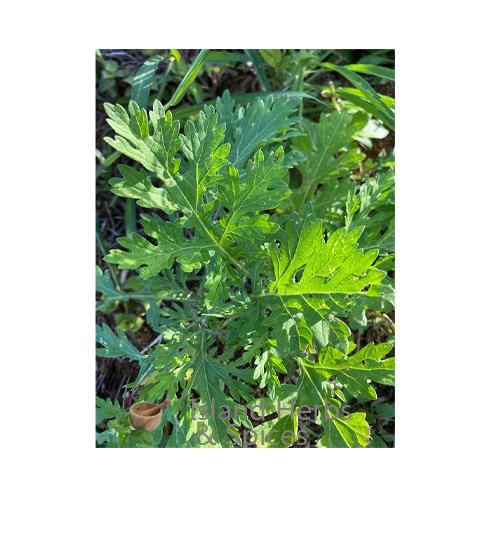A Comprehensive Guide to Jamaican Fever Grass (Lemongrass)
Jamaican fever grass, commonly known as lemongrass, is a versatile and highly valued plant in the Caribbean, particularly in Jamaica. Known for its refreshing citrus scent and myriad health benefits, this plant has been used for centuries in culinary, medicinal, and aromatic applications. This guide explores the history, uses, cultivation, and health benefits of Jamaican fever grass, providing a comprehensive overview for anyone interested in this remarkable herb.
History and Origins
Lemongrass, scientifically known as Cymbopogon citratus, is native to India and tropical Asia. Its migration to the Caribbean, particularly Jamaica, has made it an integral part of local culture and traditions. The plant's introduction to Jamaica is attributed to the transatlantic trade routes, where it was brought over by colonizers and traders. Over time, lemongrass became naturalized in the Jamaican climate, thriving in its warm, tropical environment.
Cultivation and Growing Conditions
Lemongrass is relatively easy to grow, making it a popular choice for home gardeners and commercial farmers alike. Here are the key conditions for its cultivation:
Climate: Lemongrass thrives in warm, tropical climates. It requires full sunlight and does not tolerate frost.
Soil: The plant prefers well-drained sandy or loamy soil with a pH between 5.0 and 8.4.
Watering: Regular watering is essential, especially during dry periods. However, overwatering should be avoided as it can lead to root rot.
Propagation: Lemongrass can be propagated through seeds or by dividing the root clumps. The latter method is more common due to its higher success rate.
Culinary Uses
Lemongrass is a staple in many culinary traditions around the world, including Jamaican cuisine. Its unique flavor profile, combining citrusy and slightly spicy notes, makes it a versatile ingredient. Here are some popular culinary uses:
Teas: One of the most common uses of lemongrass in Jamaica is brewing it into a refreshing and aromatic tea. This tea is often consumed for its soothing properties and is believed to help with digestion and relaxation.
Soups and Stews: Lemongrass is frequently used in soups and stews to add a fresh, zesty flavor. It pairs particularly well with chicken and seafood dishes.
Marinades and Sauces: The herb is also used in marinades and sauces, imparting a bright and tangy flavor that complements meats, fish, and vegetables.
Medicinal Benefits
Lemongrass is renowned for its numerous health benefits, many of which are supported by scientific research. Here are some of the primary medicinal uses:
Anti-inflammatory Properties: Lemongrass contains compounds such as citral and geraniol, which have anti-inflammatory effects. These compounds help reduce inflammation and may alleviate symptoms of arthritis and other inflammatory conditions.
Digestive Health: The herb is known to promote healthy digestion. It can help relieve bloating, constipation, and indigestion.
Antioxidant Effects: Lemongrass is rich in antioxidants, which help protect the body from free radicals and reduce oxidative stress.
Antimicrobial Activity: The essential oils extracted from lemongrass have antimicrobial properties, making it effective against a variety of bacteria and fungi.
Stress Relief: Consuming lemongrass tea is a popular remedy for reducing stress and anxiety. Its calming effect can help improve mood and promote better sleep.
Aromatic and Other Uses
Beyond its culinary and medicinal applications, lemongrass is also prized for its aromatic qualities. It is commonly used in:
Aromatherapy: Lemongrass essential oil is used in aromatherapy to uplift mood, reduce anxiety, and improve mental clarity.
Natural Insect Repellent: The strong scent of lemongrass makes it an effective natural insect repellent. It is often used in sprays, candles, and diffusers to keep mosquitoes and other pests at bay.
Cosmetics and Personal Care Products: Lemongrass is a common ingredient in soaps, lotions, and shampoos due to its pleasant fragrance and antibacterial properties.
Conclusion
Jamaican fever grass, or lemongrass, is a multifaceted herb with a rich history and a wide range of applications. From its role in traditional Jamaican teas to its use in modern medicine and aromatherapy, lemongrass offers numerous benefits that make it a valuable addition to any household. Whether you are a gardener looking to cultivate this easy-to-grow plant or a health enthusiast exploring natural remedies, lemongrass is a versatile and beneficial herb worth incorporating into your daily life.
Read More
Categories:
Jamaican Herbs


